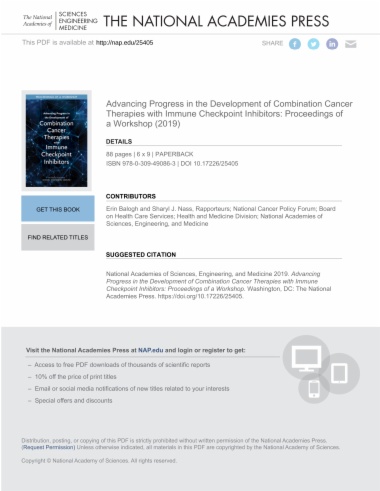Artephius (Artefius) (c. 1150) is a writer to whom a number of alchemical texts are ascribed. Alchemical pseudepigraphy makes it difficult to identify who the historical Artephius may have been. His identity remains an open question. As The Secret Book of Artephius was respected and mentioned by Roger Bacon many times, Artephius' writing is dated to around 1150.

